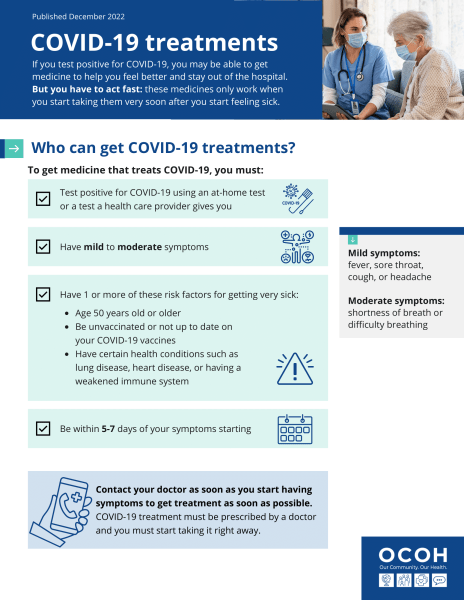Does Bronchitis Need Antibiotics

Bronchitis, an inflammation of the bronchial tubes, is a common respiratory condition that can be caused by either viral or bacterial infections. The majority of bronchitis cases are acute, meaning they are short-term, and most often caused by viruses. However, when the condition persists or is severe, the question of whether antibiotics are necessary arises. The use of antibiotics in treating bronchitis is a nuanced issue, requiring careful consideration of the type of infection, its severity, and the patient’s overall health.
Understanding Bronchitis
Bronchitis can be acute or chronic. Acute bronchitis is typically caused by a viral infection, such as the flu or a cold, and usually resolves on its own within a week to 10 days. Chronic bronchitis, on the other hand, is a long-term condition that is often associated with smoking or exposure to pollutants and irritants. It’s part of a broader category of lung diseases known as chronic obstructive pulmonary disease (COPD).
Viral vs. Bacterial Infections
The key to determining if antibiotics are needed lies in identifying whether the bronchitis is caused by a viral or bacterial infection. Viral infections do not respond to antibiotics, which are effective only against bacterial infections. Most cases of acute bronchitis are viral, and therefore, do not require antibiotic treatment. However, when a bacterial infection is suspected or confirmed, antibiotics may be prescribed.
When Are Antibiotics Necessary?
Antibiotics are typically reserved for cases where there is a high suspicion or confirmation of a bacterial infection. This might include situations where:
- Symptoms are severe: High fever, significant difficulty breathing, or a productive cough with discolored sputum may indicate a bacterial infection.
- Patient has a compromised immune system: Individuals with weakened immune systems, such as those with chronic illnesses, undergoing chemotherapy, or taking immunosuppressive drugs, may require antibiotics even for mild infections.
- Prolonged illness: If symptoms persist beyond the expected duration for a viral infection, a bacterial superinfection might be suspected.
- Specific diagnostic tests indicate bacteria: While not commonly used for initial diagnosis due to cost and complexity, tests like sputum cultures can help identify bacterial infections.
Considerations and Risks
The overuse of antibiotics is a significant public health concern due to the rise of antibiotic-resistant bacteria. Incorrectly prescribing antibiotics for viral infections contributes to this problem, making it harder to treat future bacterial infections. Therefore, healthcare providers must carefully weigh the benefits and risks of prescribing antibiotics for bronchitis.
Additionally, antibiotics can have side effects, ranging from mild to severe, including allergic reactions, gastrointestinal disturbances, and interactions with other medications.
Alternatives to Antibiotics
For viral bronchitis or mild cases where antibiotics are not necessary, treatment focuses on relieving symptoms and supporting the body’s natural recovery process. This can include:
- Rest and hydration: Getting plenty of rest and staying well-hydrated can help the body fight off the infection.
- Over-the-counter medications: Cough suppressants, expectorants, and pain relievers can help manage symptoms.
- Humidifiers: Adding moisture to the air can soothe a sore throat and ease coughing.
- Breathing exercises: Certain exercises can help improve lung function and overall respiratory health.
Conclusion
The decision to use antibiotics for bronchitis should be made under the guidance of a healthcare provider, taking into account the cause of the infection, the severity of symptoms, and the patient’s health status. By reserving antibiotics for cases of confirmed or suspected bacterial infections, we can promote more effective and responsible use of these medications, reducing the risk of antibiotic resistance and ensuring that these lifesaving drugs remain effective for future generations.
Can all cases of bronchitis be treated with antibiotics?
+No, not all cases of bronchitis can or should be treated with antibiotics. Since most cases of acute bronchitis are caused by viruses, antibiotics would be ineffective. Antibiotics are only useful against bacterial infections.
How can I know if I have a viral or bacterial infection?
+Determining whether an infection is viral or bacterial often requires a healthcare provider’s evaluation. They may consider your symptoms, perform a physical examination, and possibly order diagnostic tests to make an informed decision about the cause of your bronchitis and the appropriate treatment.
What are the risks of taking antibiotics unnecessarily?
+Taking antibiotics when they are not needed can contribute to antibiotic resistance, a condition where bacteria develop the ability to withstand the effects of antibiotics. This makes infections harder to treat and can lead to more severe illnesses. Additionally, antibiotics can cause side effects and interact with other medications.
Can bronchitis be prevented?
+While not all cases of bronchitis can be prevented, reducing your risk of respiratory infections can help. This includes practicing good hygiene (such as washing your hands regularly), avoiding close contact with people who have respiratory infections, not smoking, avoiding exposure to pollutants, and getting vaccinated against the flu and other respiratory illnesses.
How long does bronchitis last?
+Acute bronchitis typically lasts for 7 to 10 days, though the cough can persist for several weeks. Chronic bronchitis, being a long-term condition, does not resolve on its own and requires ongoing management to control symptoms and slow disease progression.



